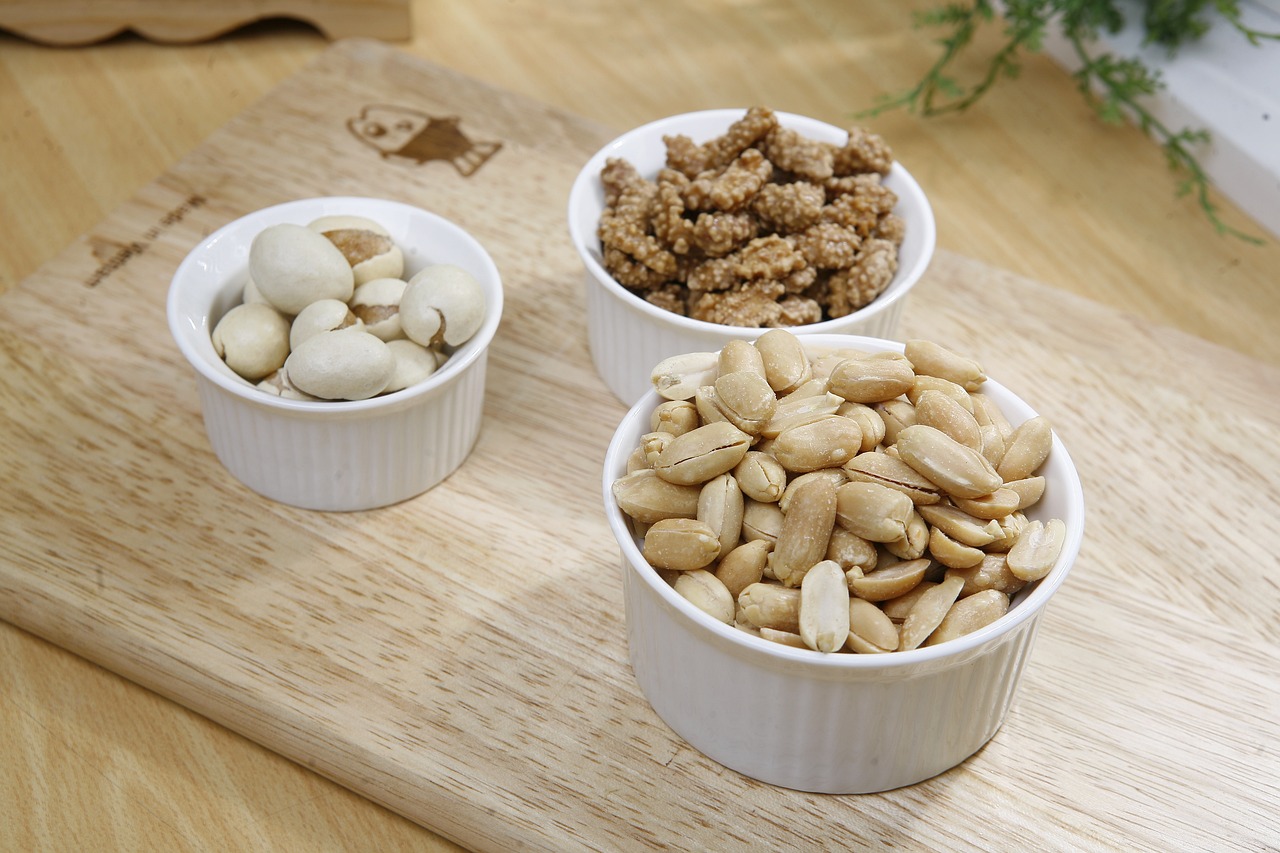Quality review of drug management
This article is written based on Swedish conditions. Hopefully, it can inspire interested parties from other countries.
External review of medication management should occur at least once a year. There are many links that can fail in medication management and it is therefore important to check different aspects of medication management. For example, this applies to storage, safety, control routines, deviation management, control counting of narcotics, handling of last consumption day, etc.
 Foto: Mostphotos
Foto: MostphotosQuality Review of Medication Management
There are requirements in the regulation that medication management should be quality reviewed by an external quality reviewer at least once a year. Quality reviewers are often pharmacists, but can also be, for example, a medically responsible nurse.
SafetyDuring the quality review, the safety of medication management is reviewed, both in terms of the risk of loss and burglary safety. Also, there should be safe procedures for who has access to the drug storage.
It is desirable that it is possible to trace who has been in the drug storage, especially in a situation where for some reason there are missing drugs.
HygieneIn order for work in the medication room to be safe, there needs to be order and cleanliness. There needs to be access to water for hand hygiene and cleaning of pill dispensers. The room, countertops and other things need to be cleaned regularly and there needs to be enough space for it to be easy to find the right medication even in a stressful situation.
Narcotic-classified drugsOne area that is particularly vulnerable is the handling of narcotic-classified drugs. These are attractive to thieves and employees who handle narcotic-classified drugs also run a risk of addiction. Therefore, narcotics journals need to be kept and control counts need to be carried out regularly. To ensure the count, two nurses always count these drugs together. The operation also needs to be able to follow up which drugs have been ordered and delivered and that these have also been entered into the narcotics journal. During the check, drugs are also controlled counted on a random basis.
Knowledge and competence: Ensure that all staff handling drugs have the necessary training and competence. Training in medication management should be regular and updated when new guidelines or medicines are introduced. When delegating medication responsibility, training is carried out with knowledge tests. In addition, the practical work should be followed up.
Medication list: Everyone who receives help with medication management should have a prescription basis where the doctor has entered all prescriptions. This means having information about the name, dosage, administration method and the purpose of the medication should be apparent. The medication list should be accessible and clear to all staff administering medication.
Documentation:Check that the routines for documenting medication administration are followed. This means that signing lists should be fully signed. It should also be possible to trace who gave medication at a certain time. If there is signing on paper, there may need to be lists for signature clarification. Also check that the deviation management works. Deviations should be carefully investigated and the routines should be constantly improved when deviations are discovered. If there are no deviation reports or few, it is a warning signal that there are deficiencies in the culture when it comes to working with continuous improvements.
Storage: Medicines should be stored in the right way, according to specific temperature requirements and storage instructions. Ensure that there is proper security to prevent unauthorized access. Temperature in both refrigerator and room needs to be checked regularly so that the durability of the stored medicines is not impaired. In connection with this, the handling of best-before dates is checked. This can apply to both drug packages and drugs with limited durability in broken packaging such as eye droppers.
Cooperation with pharmacy: Check that the transport routines for medication work safely. Is it always a nurse who receives transports. Are the consignment notes saved and can it be checked that all consignment notes that should be in storage are also there.
Quality assurance of medication management is a continuous process that requires accuracy, training and attention to detail. It is also important to follow national and regional guidelines and laws that regulate medication management within elderly care.
Other drugs are also checked, it concerns drugs with short durability and some form of reasonableness assessment when it comes to the amount of drugs stored in the drug storage. If there is an emergency box, this can also be checked. As it is possible to get deliveries within a week or a few weeks, there is no reason to have stock for many months ahead. Breaking dates should be noted on ointments, eye drops and other drugs with short durability. If there are drugs with the patient, there may need to be a review of what the medication management looks like there too. This also applies to prescription bases and signing lists and that these are correct.
Disposal of drugs
Drugs are hazardous waste and the handling of discarded drugs is surrounded by rules to be safe and minimize environmental impact. There may also be reasons to review how the delegation of tasks works in the operation and that only delegated personnel handle drugs. As well as that there is a clear responsibility when it comes to who requisitions drugs resp. who controls these. Even the prescription of drugs according to general directives needs to be reviewed.
The person who reviews then writes a protocol. It is therefore possible to follow up that everything that is noted has also been remedied.
Care staff:
• Do you have safe routines when it comes to medication management?
• Is the handling of the residents' drugs done in a safe way in the unit?
• Are the deviations that are written when it comes to medication management remedied?
Manager, nurse, occupational therapist and physiotherapist
• Do you have a quality review of drugs at least once a year?
• Do you follow up that everything has been remedied?
• Do you have any shortcomings that are difficult to rectify?
Residents and relatives:
• Is there order and tidiness in the handling of drugs?
Erland Olsson
Specialist Nurse
Sofrosyne
Better care every day.

Aktuellt i media
-
2025-04-14 04:00
08 Förebyggande o lokaler
The art of furnishing a nursing home, a balancing act between homeliness, functionality, and hygiene aspects.
info -
2025-04-10 04:00
04 Bemötande
Waking up in a nursing home - is the morning routine adapted to each individual's needs?
info Bild: Pixabay
Bild: Pixabay -
2025-04-07 04:00
09 Mat och måltid
For the elderly, it is often important to eat many snacks in order to get enough nutrition.
info Bild: Pixabay
Bild: Pixabay -
2025-04-03 04:00
04 Bemötande
What creates safety in elderly care homes - advice and tips on creating a secure environment for the residents
info -
2025-04-01 00:00
10 Aktivitet o funktionsbevarande arbetssätt
Reminiscing, working with memories, is an activity that creates a lot of added value for people with dementia.
info - 2025-03-31 04:00 05 Planering

